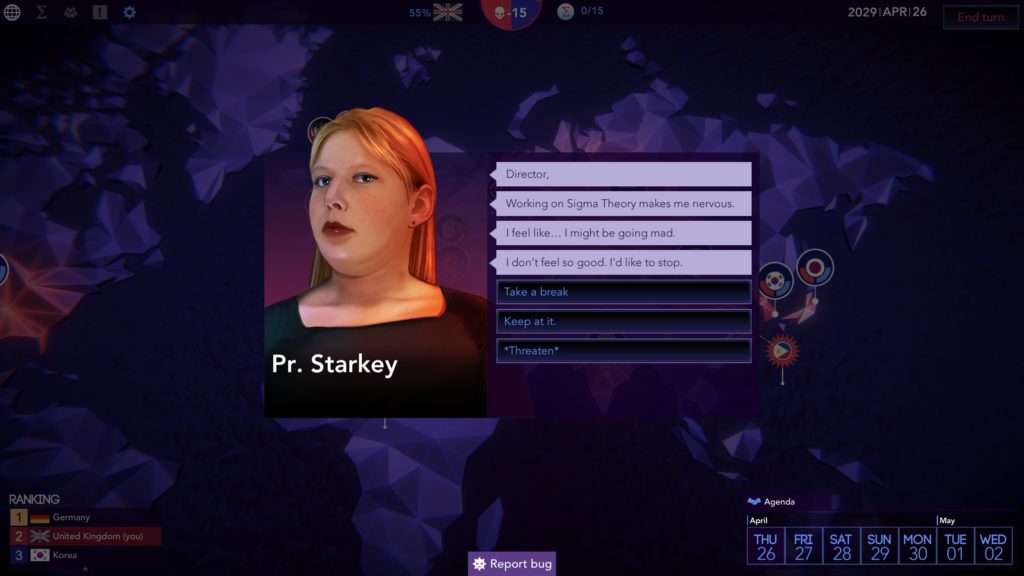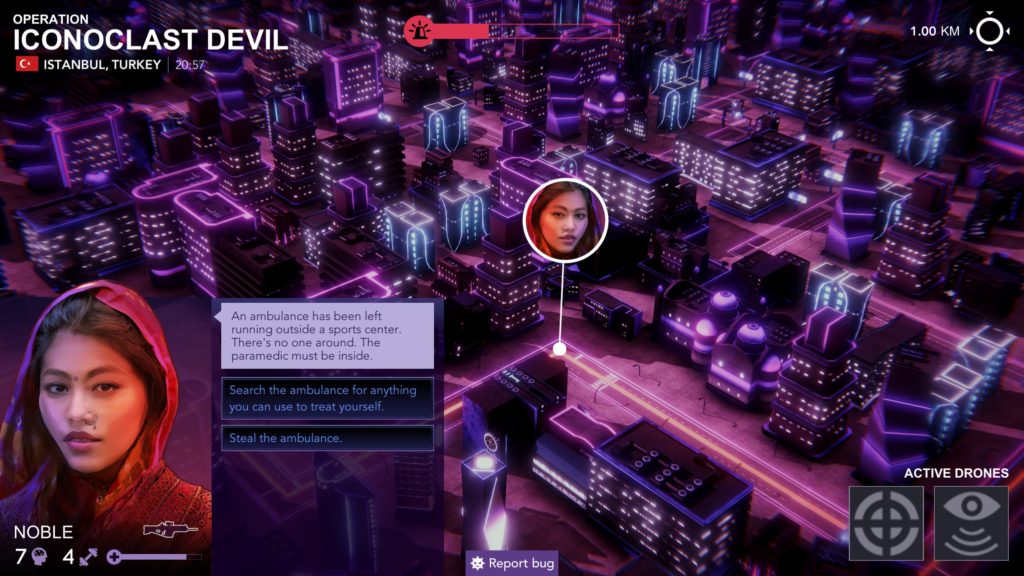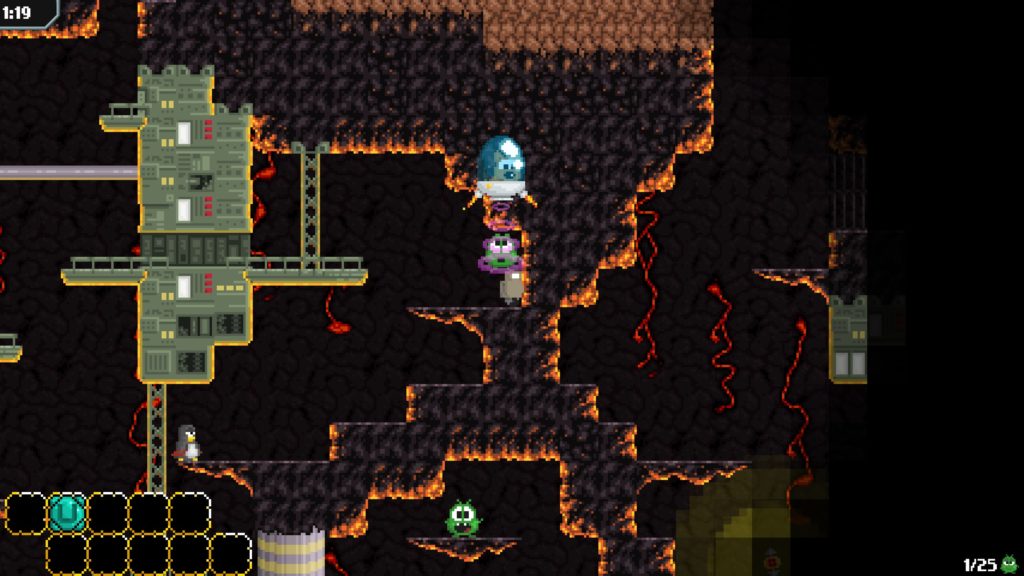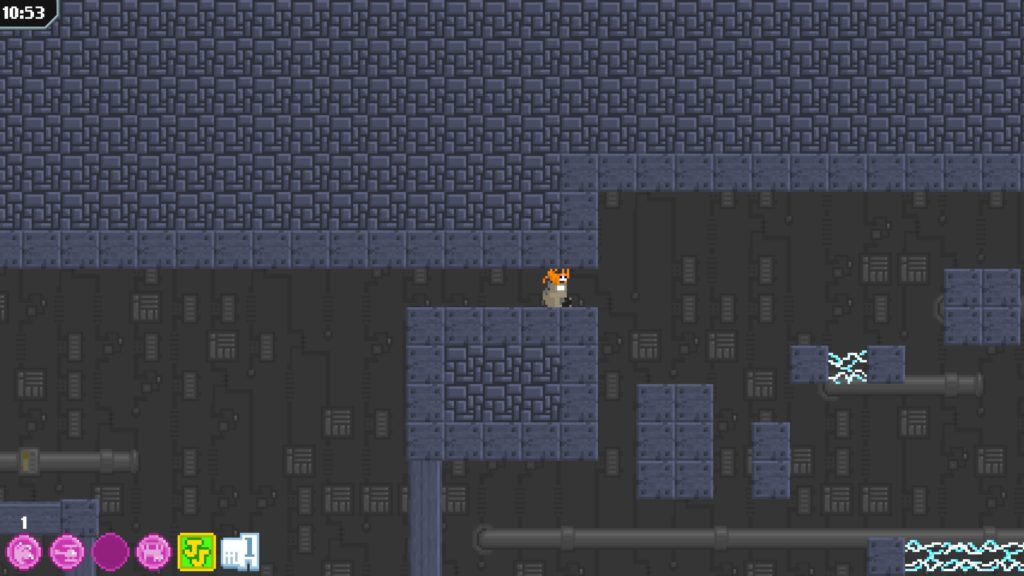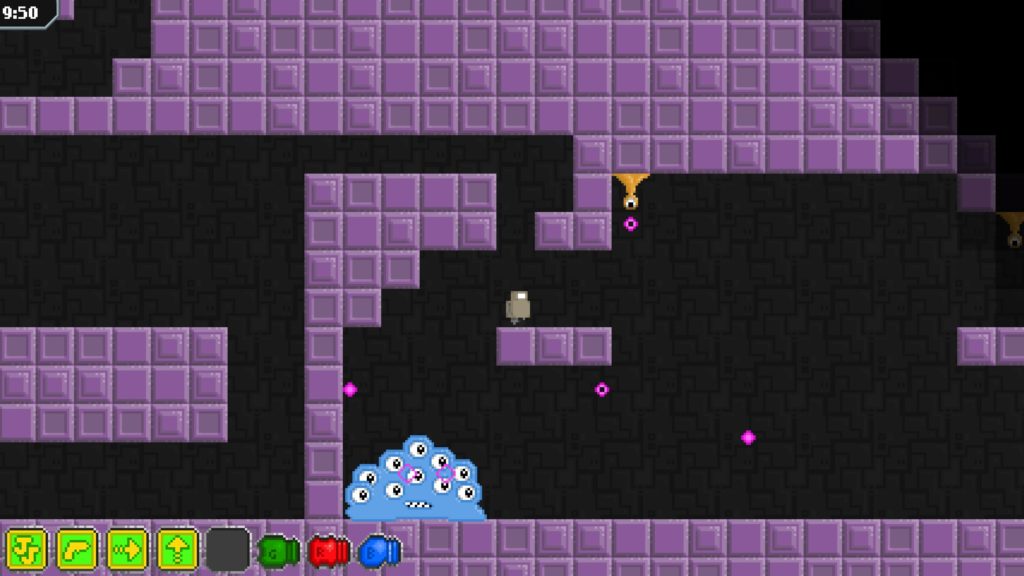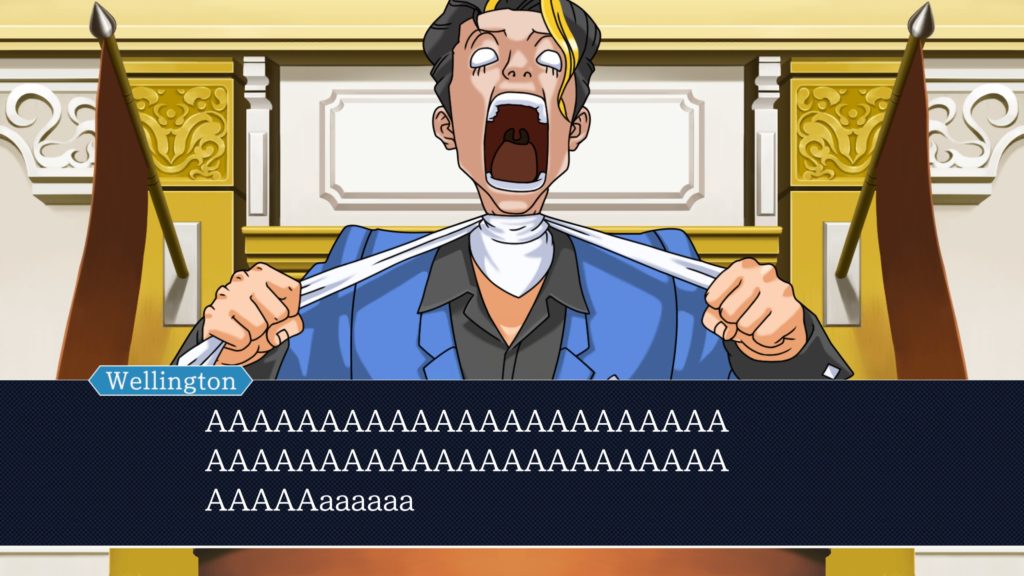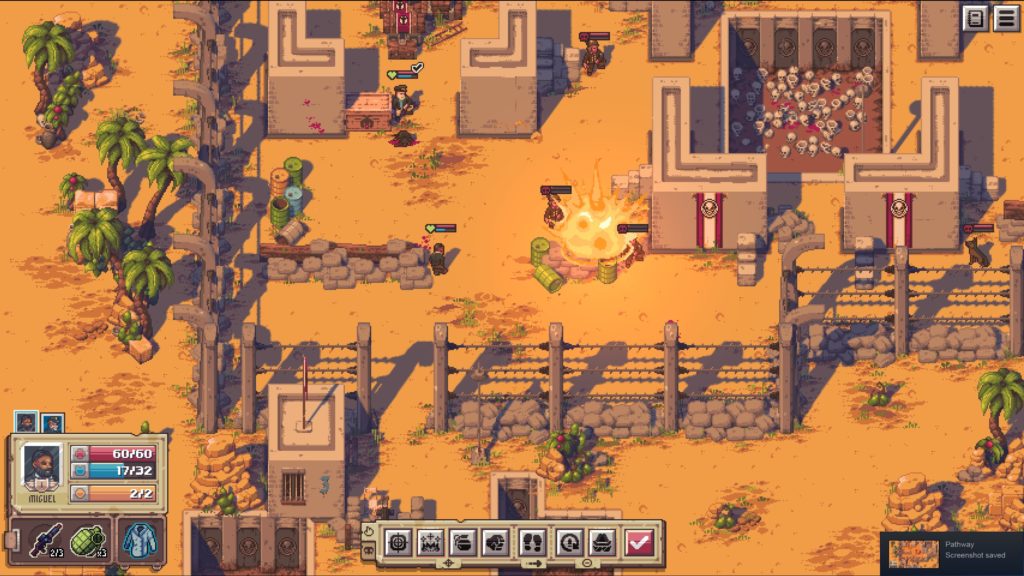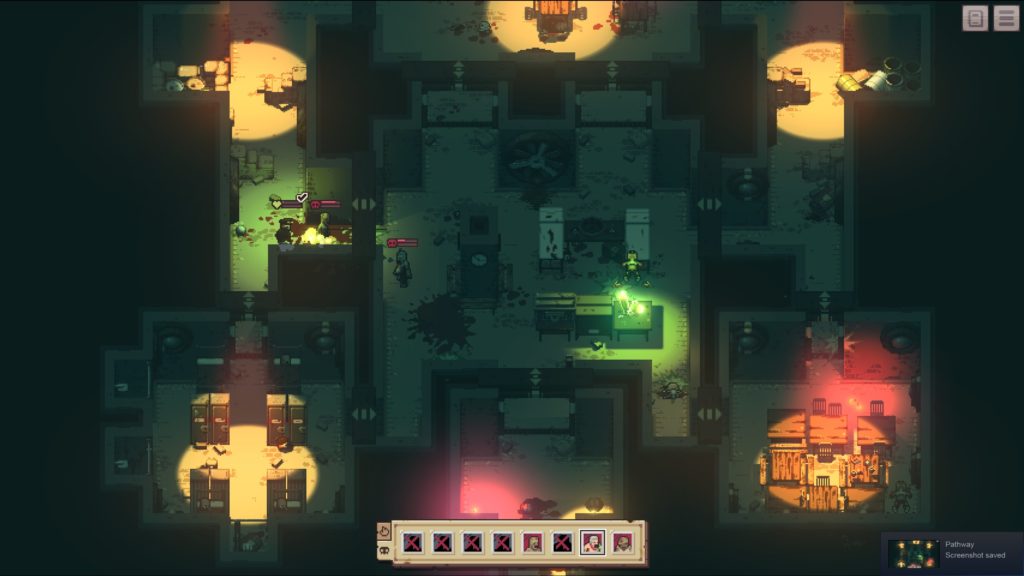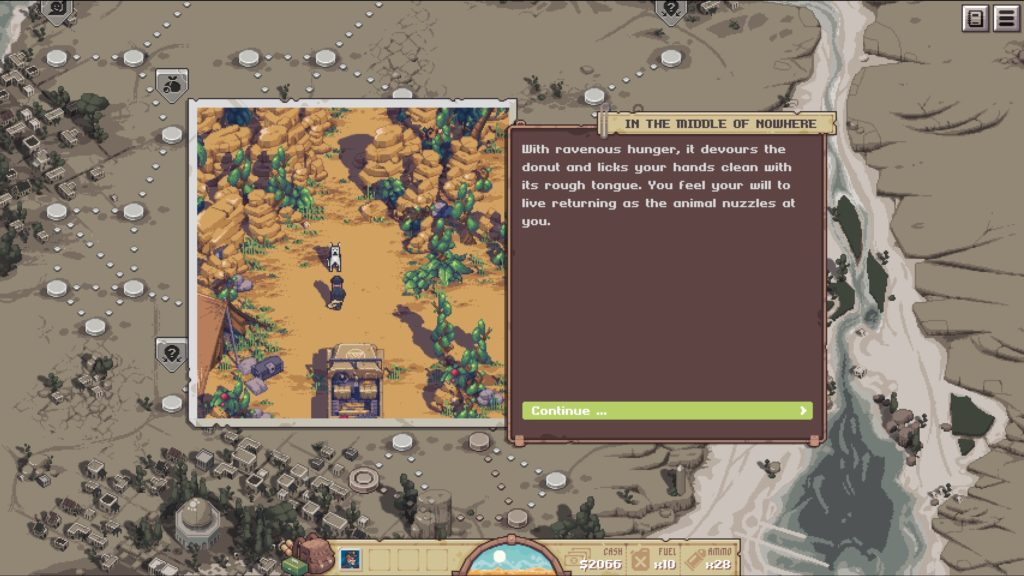Subara City (Review)

Source: Cashmoneys
Price: £3.99
Where To Get It: Steam
Cities are interesting places. Some heavily planned, some… Not so much planned as grew. And there have been many arguments as to whether one should take a top down approach (Larger matters to small) or a bottom-up approach.

In Subara City, the answer is “Both.” A simple on the surface match puzzle game, Subara City has you match houses and characters with under-tiles of the same colour to combine them, until they reach Level 10. Then it gets a little tricky. You see, there’s a risk-reward thing going on, where Level 10 buildings can only be combined with each other, and once you do… That building can no longer be combined with anything else.
So, ideally, you want as many Level 10s to combine as you can get… But you also have to make sure you can still combine other blocks, otherwise… Game over. Similarly, on the risk-reward front, you have a certain number of demolitions you can do (one gained every 100 turns, and some for high level buildings), but your score is your population, so demolishing that level 17 building in the hope you get a level 18? Won’t gain you that much, if anything.
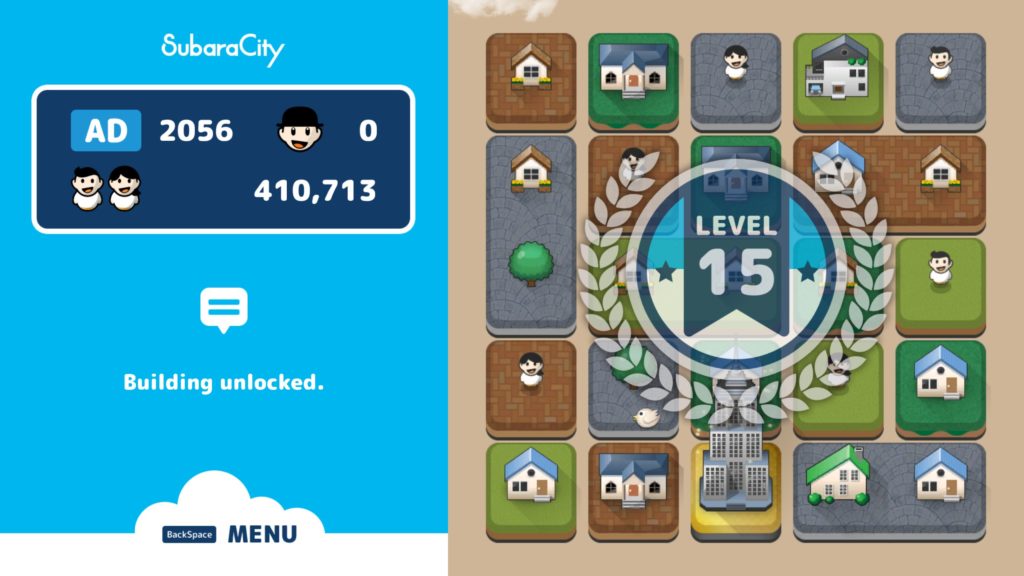
And that, essentially, is the game. Scores are local, but, after a while, you’ll find yourself struggling to reach Top 10… Against yourself. So… That’s the game, mechanically. It pretty much does what it says on the tin. How about aesthetically?
Well, musically and soundwise, there’s really not a lot to say. It has one tune for the main game (A choral piece), one for the menu, and the sounds are equally simple… That choral tune may well wear on you, or you might blank on it, so that’s a “Eh” for sound. Visually, it’s nice and clear, so that’s a definite plus, and there’s a little charm in the buildings and characters (Some of which you unlock through play.)

Still, there’s a lot to be said for “Does what it says on the tin”, and while it’s simple on the surface, paying attention to every part of the board is important, as really good play involves thinking several moves ahead. There are, however, a few minor niggles. There are odd (if slight) performance hitches when you select demolition or combining level 10 blocks for the first time, and some of the requirements for character unlocks don’t encourage high score play (A niggle because characters don’t, strictly speaking, have a score element attached to them.) These aside, it is a pleasant game to play, and I think other match puzzler fans will enjoy this one too.
The Mad Welshman is, in particular, fascinated by the most difficult requirement for a character. How many? And that level? Wow.


